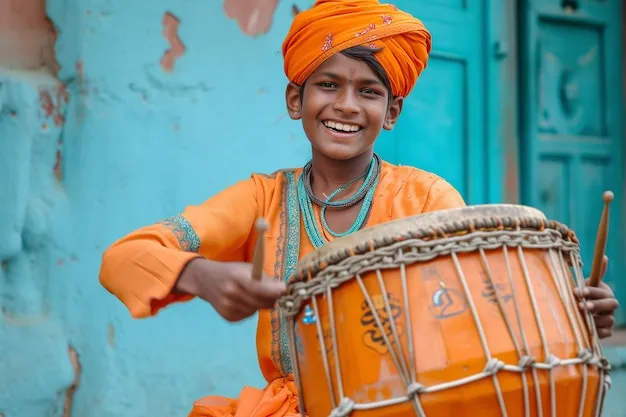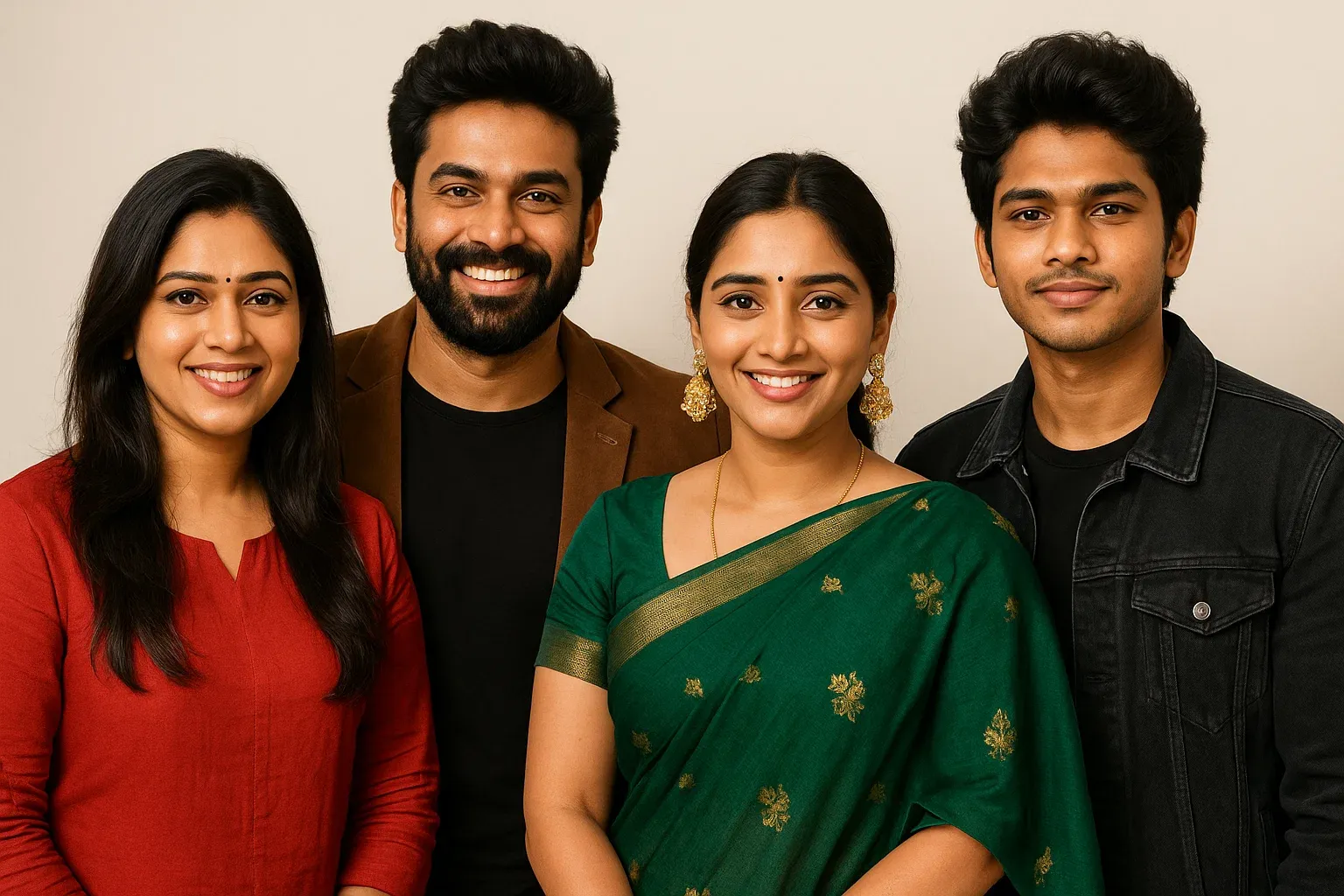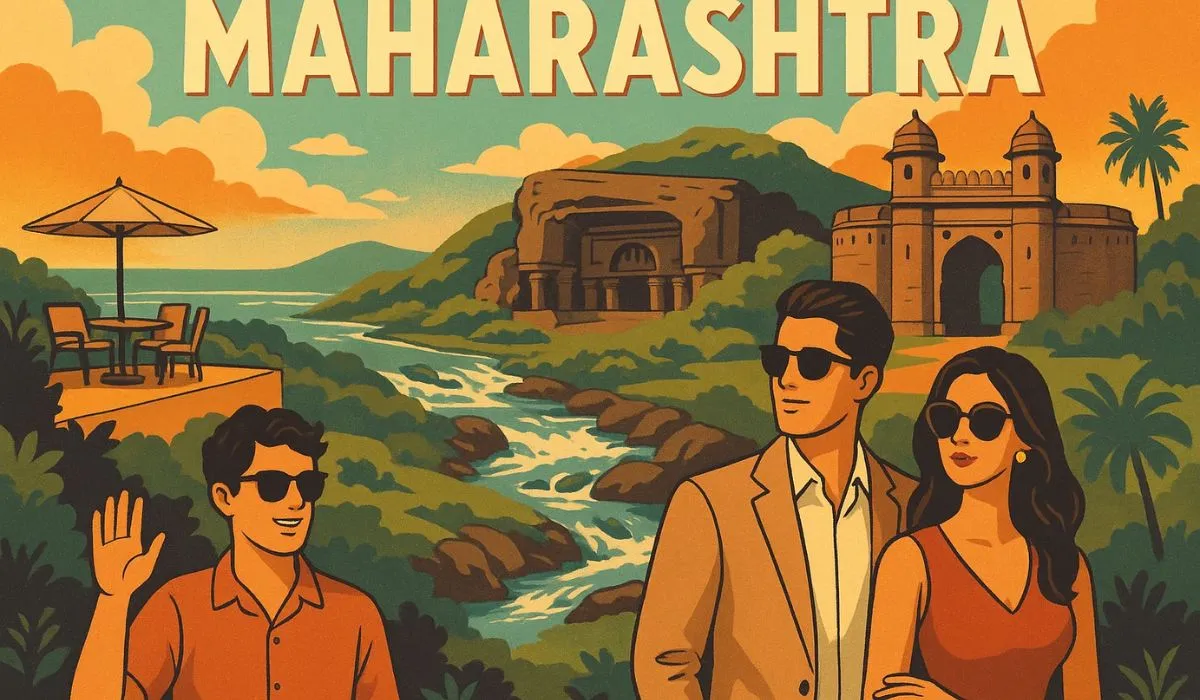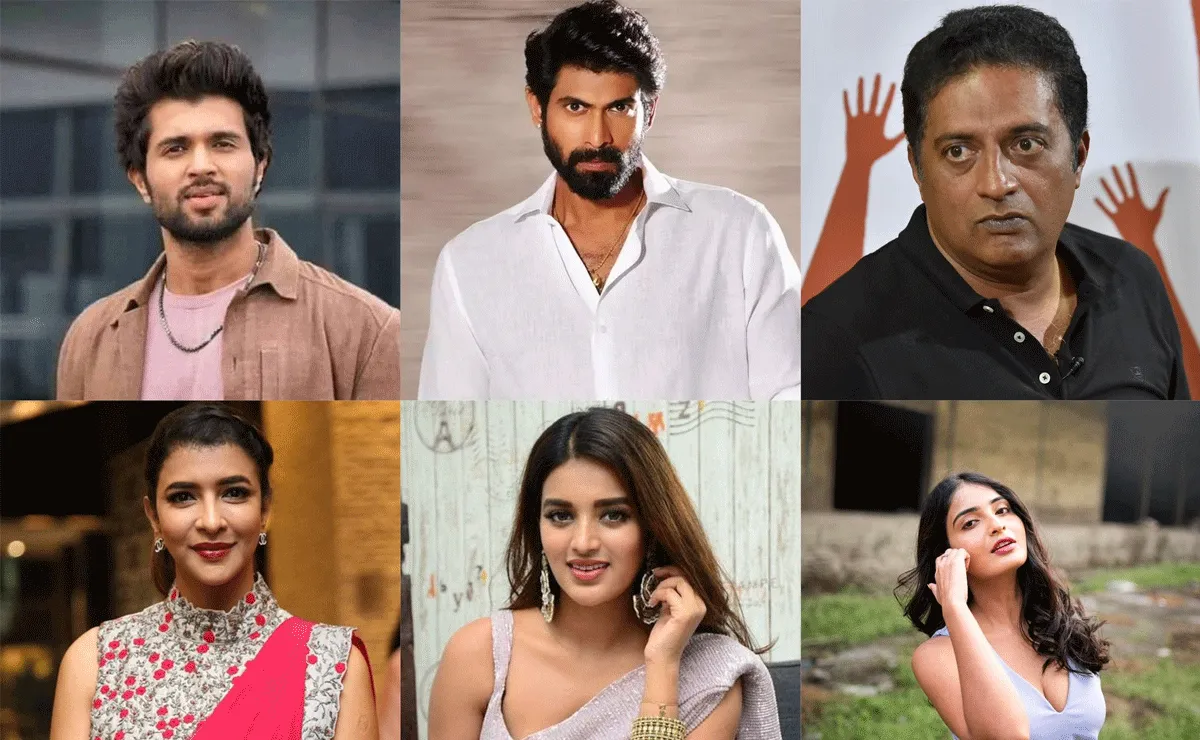The folk music of Kerala isn’t made in studios. It doesn’t chase charts or awards. It comes from people—real people. Farmers, boatmen, grandmothers, temple drummers. These are songs that have lived for centuries, passed from voice to voice. You won’t find them written down. You’ll find them being sung—on riverbanks, in backyards, outside shrines, in the heat of festivals.
What Is Folk Music of Kerala, Really?
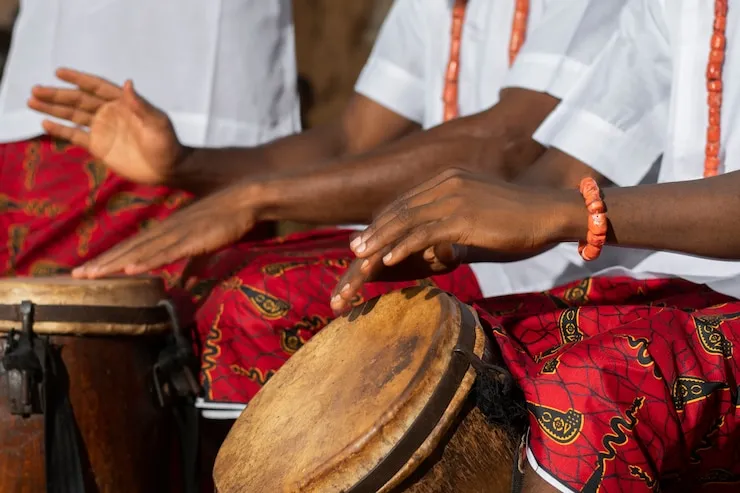
Let’s not overthink it. Folk music of Kerala is just music that lives among the people. Not the rich. Not trained. Just anyone with a voice and a feeling. These aren’t polished performances. They’re raw, emotional, full of rhythm and memory.
You hear it when a group gathers in the fields. When someone sings to the gods. When a child is born. When boats race through the water. It’s tied to life. Not the fancy kind. The everyday kind.
There’s no rulebook. No musical grammar. The songs follow the situation's demands, either slowly and soulfully or rapidly and powerfully. Being technically flawless is not what it is about. It’s about being honest.
Read Also: RumalReshmi: RanjitBawa’s New Single Launching
A Lived-In List of Folk Music of Kerala
You can try to make a list of folk music of Kerala, but it’ll never feel complete. Still, here are some that keep showing up across villages and stories:
- Vadakkan Pattukal: Big, bold ballads from the north. Stories of brave heroes, love, revenge.
- Thottam Pattu: Sung right before a Theyyam ritual. It’s not just music—it’s calling the divine.
- Mappilappattu: Melodies from the Muslim communities. A mix of Arabic and Malayalam. Smooth, lyrical.
- Pulluvan Pattu: Devotional, haunting. Sung to please serpent gods. There's something ancient about it.
- Vanchippattu: Boat songs. You feel the energy. Perfect rhythm, sung together, row after row.
- Kolkkali Songs: The beat of sticks. The stomp of feet. Fast, energetic, performed in groups.
- Oppana Songs: Fun, playful songs for weddings. Sung mostly by women. Full of love and teasing.
- Nadan Pattu: The catch-all. Songs without labels. Local. Earthy. Sung during work or rest.
- Every region has its own. The lyrics might shift. The tune might bend. But the heart? That always stays the same.
Music of Kerala in Malayalam: It Feels Like Home
One thing stands out now when you discuss Kerala's music in Malayalam—it is familiar. Though you might not comprehend every syllable, the mood is real. The words aren’t complicated. They’re the ones people use every day. That’s what makes them hit harder.
You’ll find famous folk songs of Kerala still sung by older folks. Some of them were never recorded, never written. But ask someone in a village, and they’ll sing it like they heard it yesterday.
This music carries the land’s smell, the rain’s sound, the rhythm of a crowded festival. It’s not background music. It’s front and centre in moments that matter—birth, death, worship, work.
The Instruments That Make Kerala’s Folk Songs Beat
Without the beat, the pulse, the jangle, these songs wouldn’t breathe. The Kerala folk music instruments are part of the performance. And they aren’t always fancy. Most are handmade. Some are even built from coconut shells or bamboo.
Here are a few key musical instruments of Kerala with names you’ll spot in most folk performances:
- Chenda: Loud. Proud. Played in temples.
- Elathalam: Small cymbals. Light, but sharp. They keep everyone on beat.
- Kuzhal: A wind instrument, like a wild flute. Makes the music float.
- Kombu: Looks like a horn. Sounds royal. Used during big temple parades.
- Udukku: Tiny hourglass drum. Played by hand. Has a warm, thumping sound.
- Thudi: Tribal drum. Rough and grounded. Mostly used in hilly areas.
- None of these sound polished. That’s the charm. They sound alive.
Where Folk Music Fits In Daily Kerala Life?
You don’t have to attend a show to hear this music. You just have to live there. It’s sung while planting rice. It’s hummed when rocking a baby to sleep.
- Harvest season? There’s a tune for that.
- Weddings? Songs everywhere.
- Boat races? Nothing without the chants.
- Even sorrow? Yes, there are songs for grieving too.
No headphones, no microphones. Just people, their voices, and sometimes a drum. That’s all they need.
In cities, it’s rare now. But go to the villages, and you’ll hear it. Not on a stage, but outside someone’s home, under a tree, or at a temple.
Folk music also travels quietly through Kerala’s seasons. The songs alter when monsoons flood the fields and thunder rumbles faraway. They become slower, softer. You'll hear them in the rhythm of raindrops on a tile roof or in the chant coming from a solitary shrine nestled among trees. Summer marks a rebound in the speed once more. There’s more laughter, more dancing, especially during festivals like Vishu or Pooram. The songs shift, but they always belong. They wrap around life like a thread—sometimes tight, sometimes barely there, but always present.
And these tunes don’t ask for silence. Children shout over them. Drums crack loudly nearby. One could laugh it off by forgetting a line halfway through. That's the great aspect of them: they don't have to be perfect. One just needs to sense them. A woman grinding spices might hum one verse, and an old man down the lane may finish it. No plan, no rehearsal. Just shared memories in motion. It’s not about who starts the song—it’s about how everyone joins in.
You May Also Like: A for Arjan 2 Drops This July: Arjan Dhillon Latest Album Spotlight
Who’s Keeping It Alive?
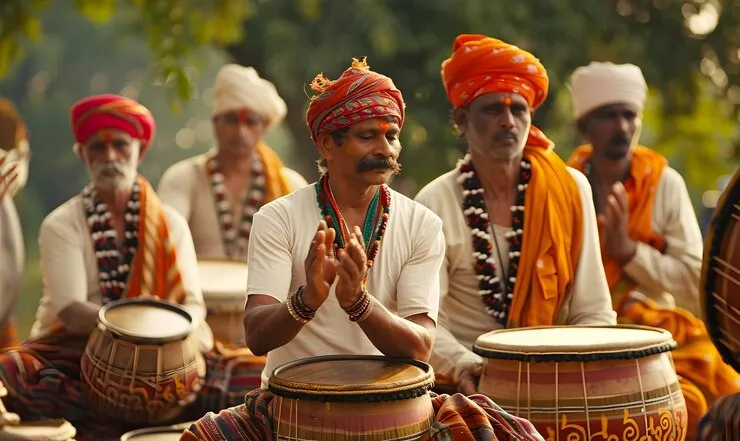
Folk music was fading for a while. Young people were leaving it behind. Too slow, too old, too rural. But lately? A quiet comeback.
Teachers are recording it. Young musicians are remixing it—softly, without ruining the soul. YouTubers are uploading forgotten tunes. Even schools in villages are teaching them again.
Cultural groups now fund performances. Local festivals are inviting old singers. And guess what? The kids are starting to listen.
The fight to preserve the folk music of Kerala isn’t loud. It’s gentle. But it’s working.
Why It Still Matters?
Let’s be honest, there are a million songs online. Most get forgotten in days. But these songs? They stick. Because they’re not just songs. They’re memories. Identity. Connection.
The folk music of Kerala isn’t about the past. It’s about people. It makes you feel seen. It makes the land feel familiar.
That kind of onesty matters more than ever in a world of auto-tune and algorithms.
Final Thoughts
These songs will never go viral. But they’ll never disappear either. Because someone, somewhere, will always sing them again. Under a rainy roof. Beside a river. Inside a temple.
The folk music of Kerala doesn’t chase the spotlight. It already has a home in hearts, in hands, in voices. And that’s more than enough.



